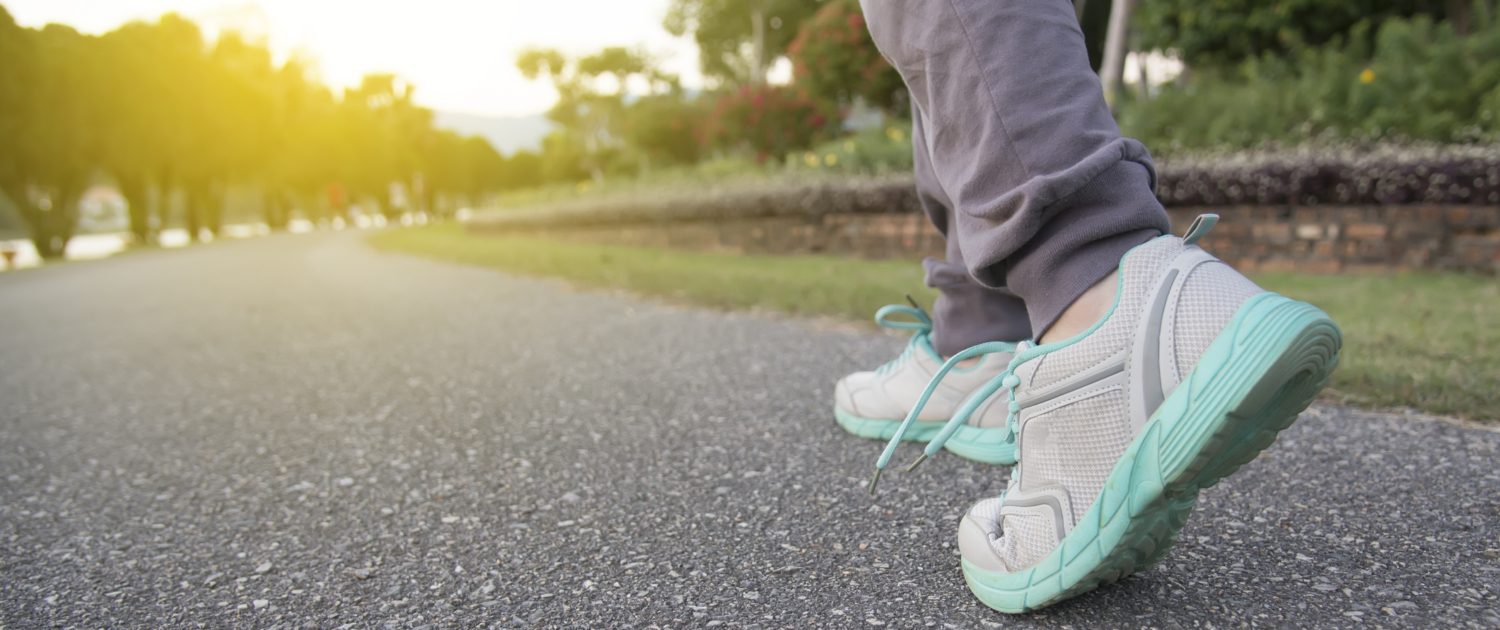Working a Program of Recovery?
A letter from one of our readers…
Dear Jeff and Debra,
My son’s life fell apart a couple years ago. Then things got worse. He was “only” drinking and smoking weed, but he had terrible consequences. No matter how hard he tried, he just couldn’t stop. He’s coming home from treatment soon and I’ve been told he needs to “work a program of recovery.” Honestly, I don’t know what that means and I’m not sure he does either. I’m afraid he’ll relapse if he doesn’t get it right.
— Mystified Mom
Dear Mystified,
Treatment is great, but it’s not enough. In treatment, people identify the barriers to their recovery and learn how to overcome them. They gain new tools for dealing with difficulties and alleviating stress. They also get introduced to the 12 Steps of AA and perhaps go through the first three or five steps — if they’re fortunate enough to get that much time in treatment. So, treatment gets a person ready to return to the real world.
Now, let’s put that readiness into action. The first thing we recommend is to go to an AA meeting the same day you come home from treatment. Don’t put it off. At the start of the meeting, the leader will welcome newcomers, so be sure to identify yourself. You’ll get a round of applause. Everyone has had the daunting experience of being newly sober, so their empathy is real. AA is all about helping the new person, so you’ll find people are very willing to lend you a hand.
Take the help being offered. You’ll be given a beginner’s packet, phone numbers and so on. Take the help being offered. Ask people what meeting they’re going to the next day. Make sure you go to that meeting, too. Start putting one foot in front of the other. People will notice you’re serious.
We all have a lot of time on our hands when we stop drinking. Going to a 12 Step meeting only takes an hour or so. There are meetings happening between 7 a.m. and 9 p.m. and on Zoom, they’re available almost anytime. There are lots of resources online. Do not allow yourself to make excuses. Just go.
Once you’ve been to a few meetings, you’ll start to recognize people. You’ll notice people who are really doing well in their sobriety. They’re happy, they’re honest and they seem to have found something that really works. Ask one of them to be your sponsor.
A sponsor will be a tremendous help. They will guide you through the 12 Steps, help you when you’re feeling down, get you involved with the group and cheer you on through your recovery milestones. They’ll be available to talk all the time and they’ll share their experience, strength and hope with you. Getting a sponsor takes the guesswork out of what to do next. Let them guide you. If your sponsor doesn’t work out for some reason, you can get a new one.
Read the literature of recovery. There is a rich collection of wisdom in AA and other 12 Step groups. If you enjoy reading — and even if you don’t — it’s worth investing some time in reading the basic books of recovery. Your sponsor can make suggestions. Reading allows you to avoid common mistakes and learn from the experience of others. It connects you to an unbroken chain of success that goes all the way back to 1935.
The AA program is laid out in detail in two books: 1) “Alcoholics Anonymous,” known as the Big Book, and 2) “Twelve Steps and Twelve Traditions.” You cannot work the 12 Steps by yourself — you need a sponsor — but it’s important to read the books. Many sponsors will read them with you or guide you through the most important parts. In order to work the program thoroughly, you’ll need to do some in-depth writing. Ultimately, this work will help unburden you of past mistakes. We all have plenty of those.
Use the phone numbers you’ve been given. Many people don’t pick up the phone and call other AA members because they don’t want to bother anyone. But it’s just the opposite. The biggest compliment you can give to someone in a 12 Step program is to call them. Ask questions, complain, laugh, cry, scream, but pick up the phone and use it.
Finally, allow yourself to believe the program will work for you. Working a program of recovery is like joining a gym. Your body doesn’t care about your attitude when you work out. The important thing is that you actually do the workout. In AA, they often say, bring the body and the mind will follow. It’s normal to begin with misgivings and doubts. Don’t worry about it. If you do the work, you’ll get the results.
Want some encouragement? The Cochrane Collective, a worldwide group of medical researchers, recently reviewed all the best studies on AA. They found that people who worked the AA program were 20 to 60 percent more likely to beat their alcoholism than those who didn’t. Read more about it and watch the video here: lovefirst.net/is-aa-effective/
It works if you work it!
This post originally appeared in the Grosse Pointe News.




